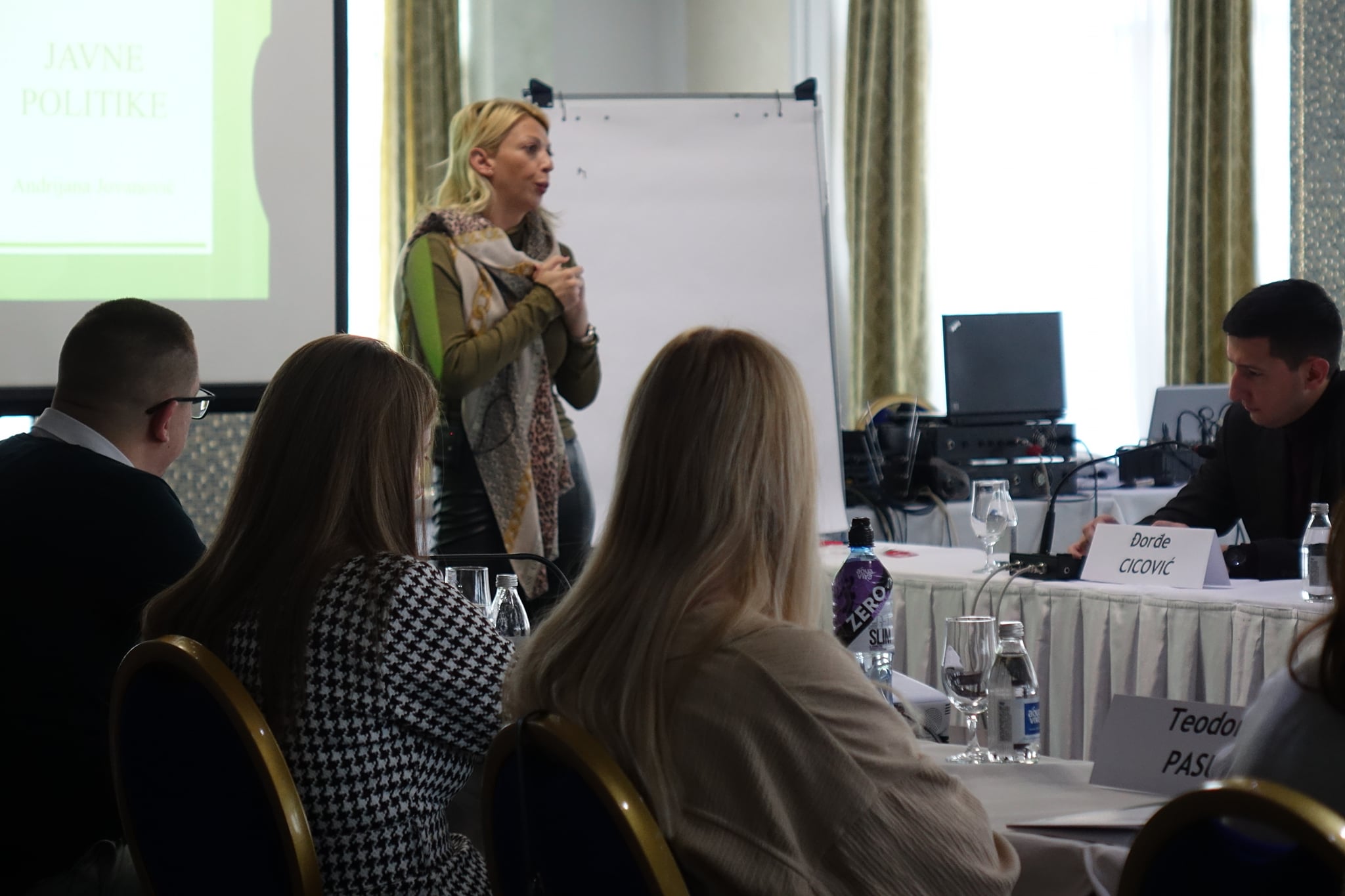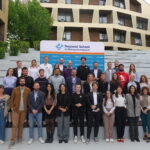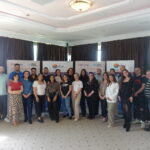The first event entitled “Present and Future of Political Parties and Institutions” was held from March 4th to March 6th as part of the Annual Seminar program organized by the BFPE Foundation for Responsible Society in cooperation with the Council of Europe and the OSCE Mission to Serbia.
Participants of this year’s Seminar within the first event had the opportunity to get acquainted with various topics in the field of political parties and institutions and to exchange opinions and ideas through constructive dialogue.
The introductory address emphasized the importance of the fight for a different, more democratic, humane, and equal future for all of us.
The first lecture was dedicated to public opinion in the election campaign, where participants had the opportunity to hear more about various aspects of public opinion research, but also learned about the fact that the media are the largest sponsors of public opinion research in the world, but this is not the case. in Serbia. After that, through the workshop, the participants learned more about writing practical policy proposals.
At the third lecture, the topic “New management systems: data use and smart cities” was presented, where participants learned more about the importance of smart cities and ways for recognizing them. Participants then had the opportunity to get acquainted with the basics of the debate, where they analysed different types of arguments as well as different strategies for breaking arguments. The fifth lecture was dedicated to inter-party initiatives.
“Green politics as the future of political parties” is the title of the next lecture. Within this lecture, the participants had the opportunity to see the importance of environmental policies and to get acquainted with the fact that environmental movements begin to develop and succeed when society reaches a certain standard.
The last lecture was dedicated to the elections in 2022, where they talked about the predictions of the election process, the impact of world conditions on the election results, the connection between campaigns and public research opinion, and the importance of observation commissions.













